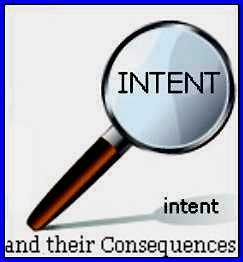Gifts to Will Witnesses Can Be “Saved”
Section 11 of the current Wills Act provides that a witness to a will, or a spouse of the witness to the will cannot receive a gift under the will, as the gift will lapse.
For example currently if a will maker leaves the residue of his estate into three equal shares to three named persons, but one of the witnesses the will, the witnesses share passes on an intestacy.
Under WESA , section 43 however, the court is empowered with a “saving” provision as set out in section 43 (4).
What is puzzling, is not the only criteria to save the bequest, seems to be “if the court is satisfied that the will maker intend to make the gift to the person even though the person or his or her spouse was a witness to the will”.
S 43 (5) specifically allows for the introduction of extrinsic evidence for the purposes of establishing the will maker’s intention under subsection 4
it would seem that that would be the situation in almost every will situation except for lack of capacity undue influence and other equitable claims that may void the will.
Gifts to witnesses
43 (I) Unless a court otherwise declares under subsection (4), a gift in a will is void if it is to
(a) a witness to the will-maker’s signature or to the spouse of that witness,
(b) a person signing the will by the will-maker’s direction, or the spouse of the person signing, or
(c) a person claiming under a person, other than the will-maker, referred to in paragraph (a) or (b).
(2) For the purposes of subsection (I), the relevant time for determining whether one person is the spouse of another is the time when the will was made.
(3) If a gift is void under subsection (I), the remainder of the will is not affected.
(4) On application, the court may declare that a gift to a person referred to in subsection (I) is not void and is to take effect, if the court is satisfied that the will-maker intended to make the gift to the person even though the person or his or her spouse was a witness to the will.
(5) Extrinsic evidence is admissible for the purposes of establishing the will-maker’s intention under subsection (4).




